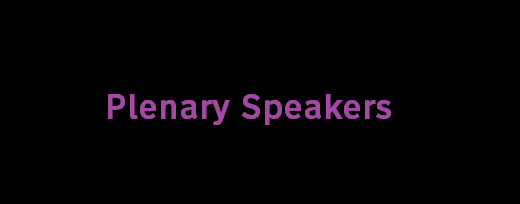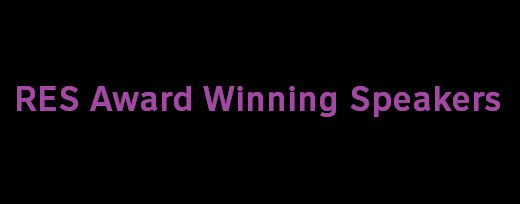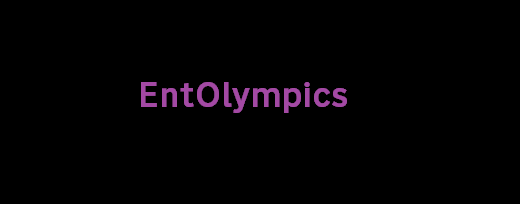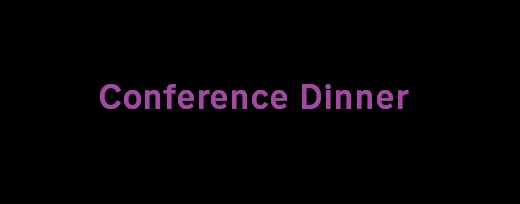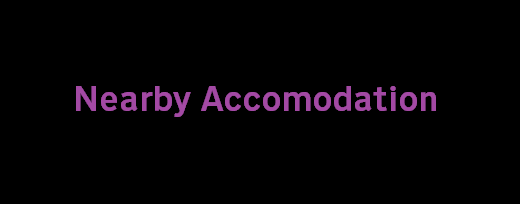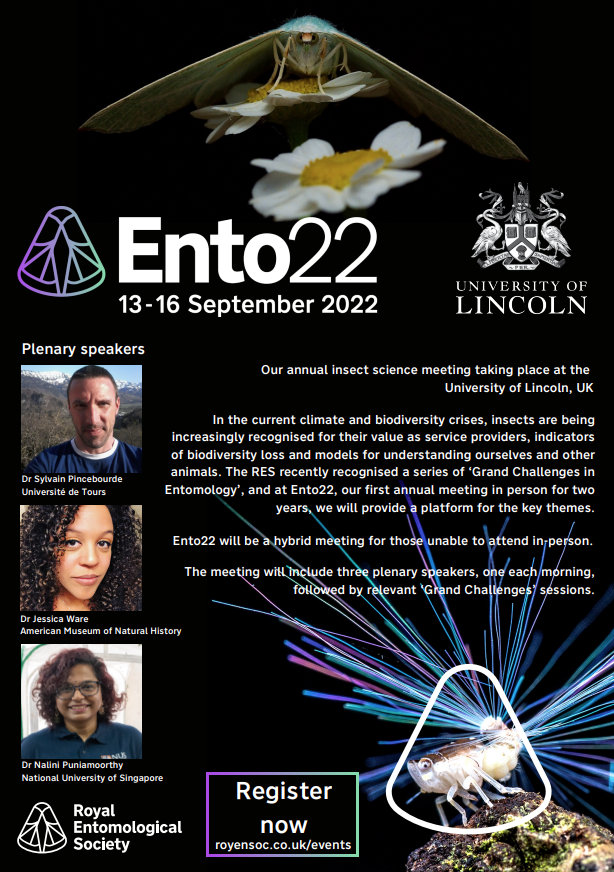

- This event has passed.
Ento22
13 September 2022 @ 09:00 – 16 September 2022 @ 17:00
The Royal Entomological Society organises insect science conferences and events around the UK and the world for people at all stages of career and interest.
Becoming a member entitles you to discounted (and sometimes free) access to the majority of events.

Thank you to everyone who attended Ento22
Hope to see you at #Ento23 at University of Exeter, Cornwall!
We’re very grateful to everyone who got involved and enjoyed Ento22. Be sure to watch the plenary speakers’ talks on our YouTube channel.
Take a look at some photos from the event below.
Some photos from the Doddington Hall Rewilding Tour
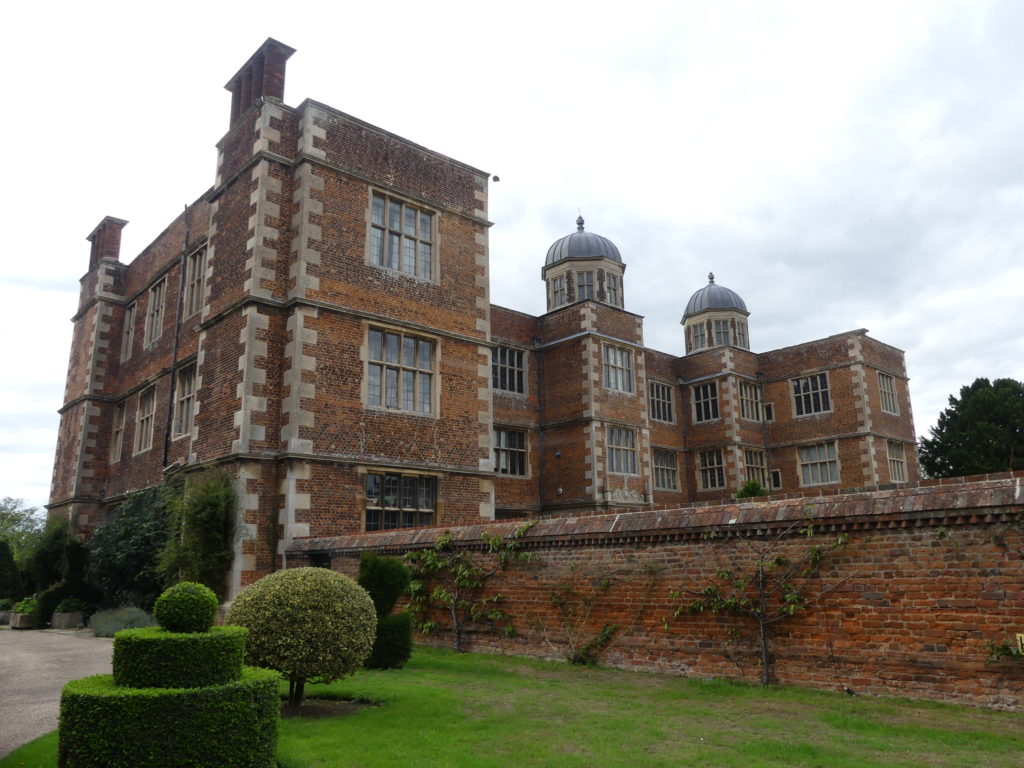
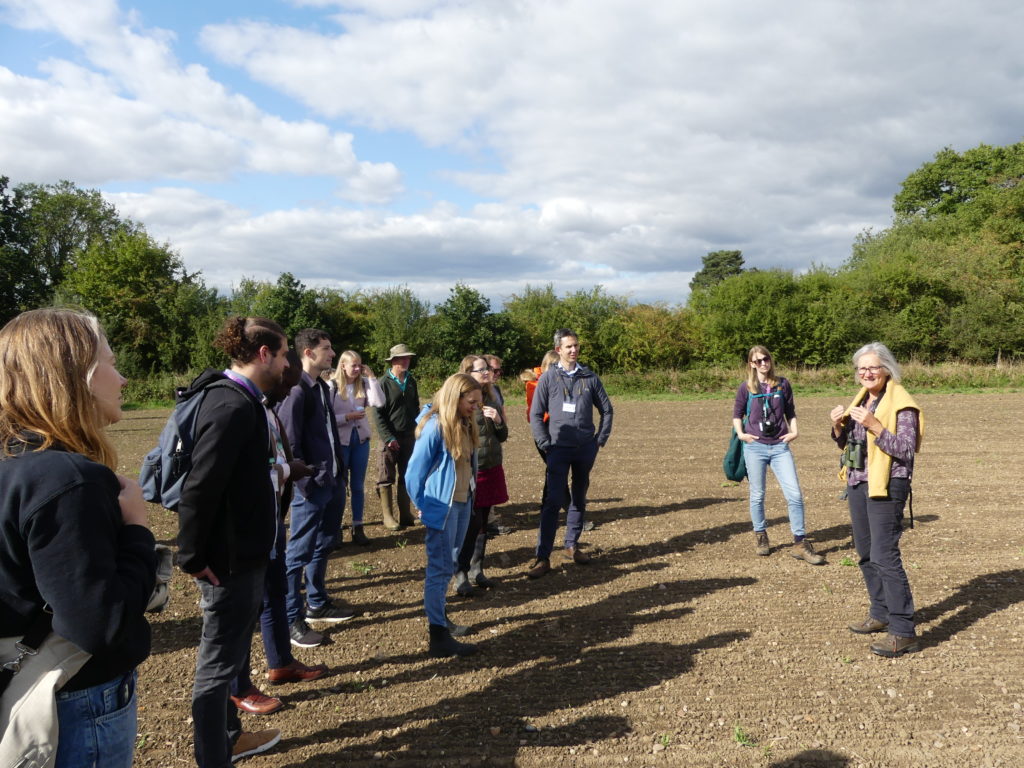
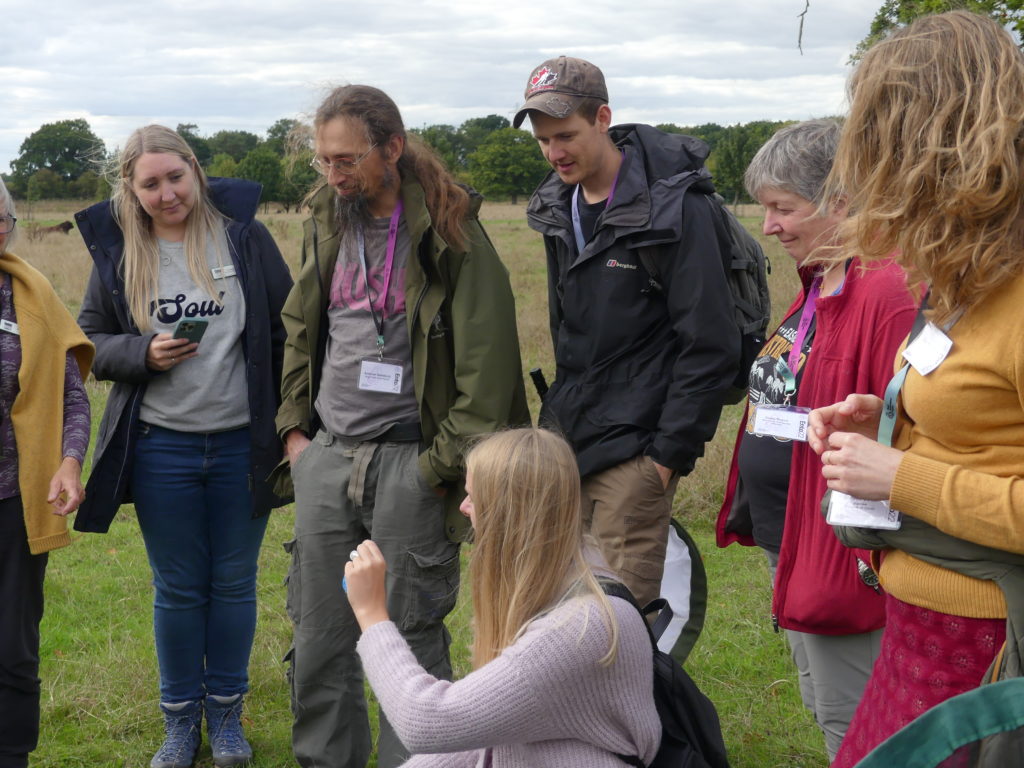
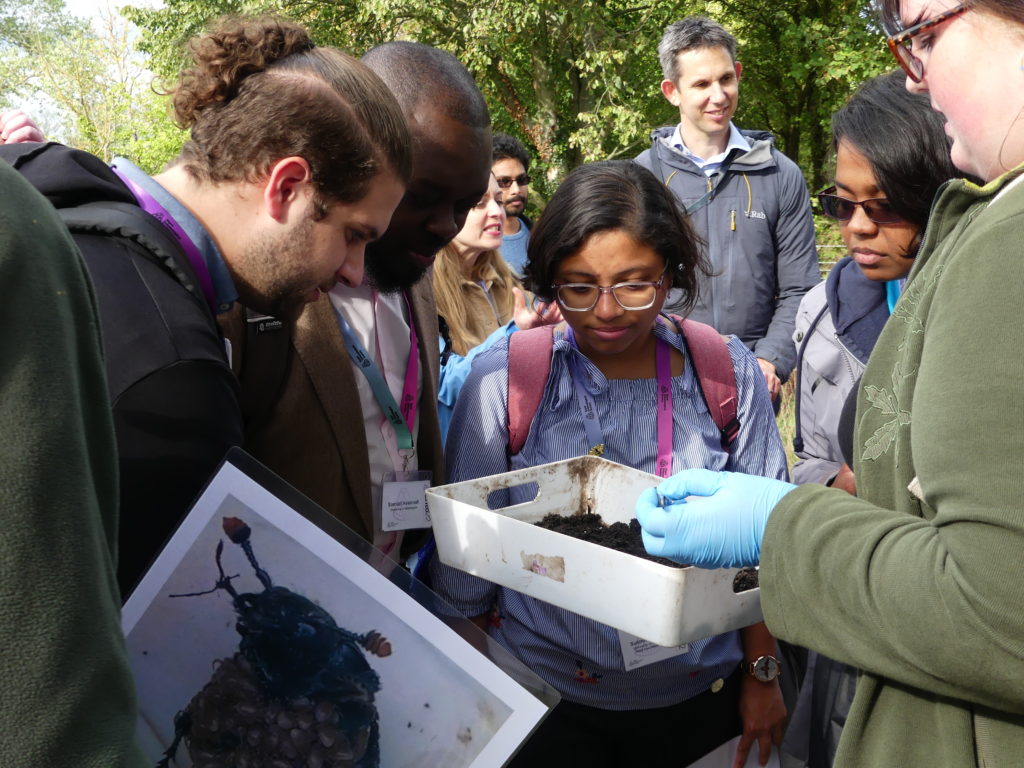
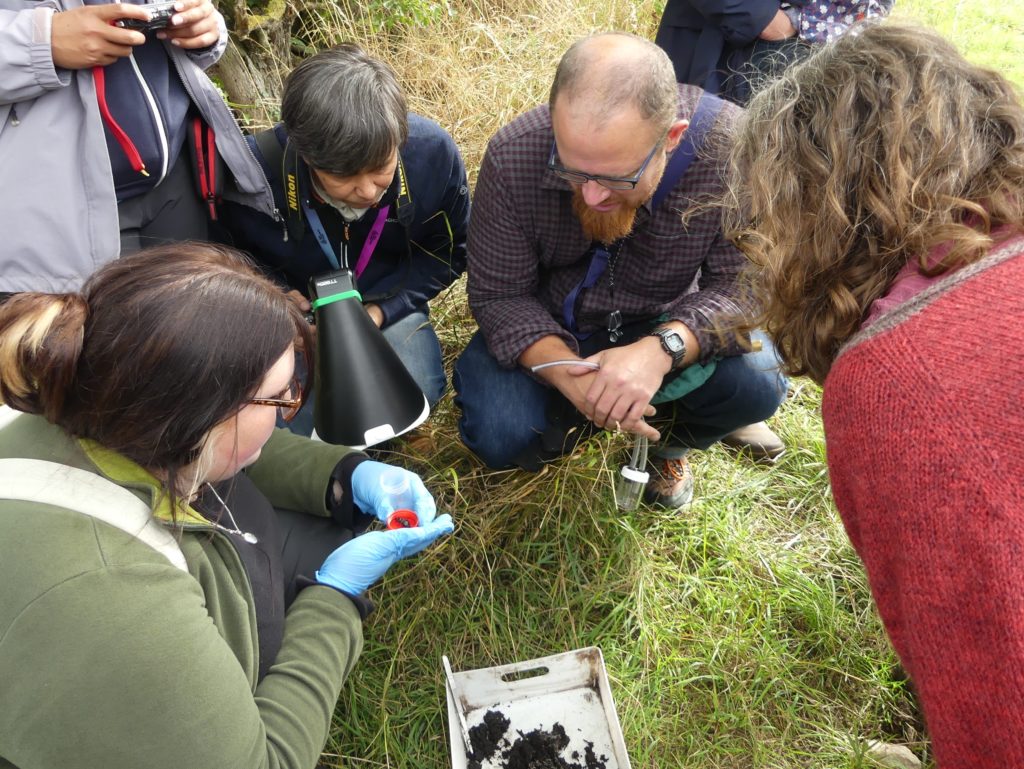
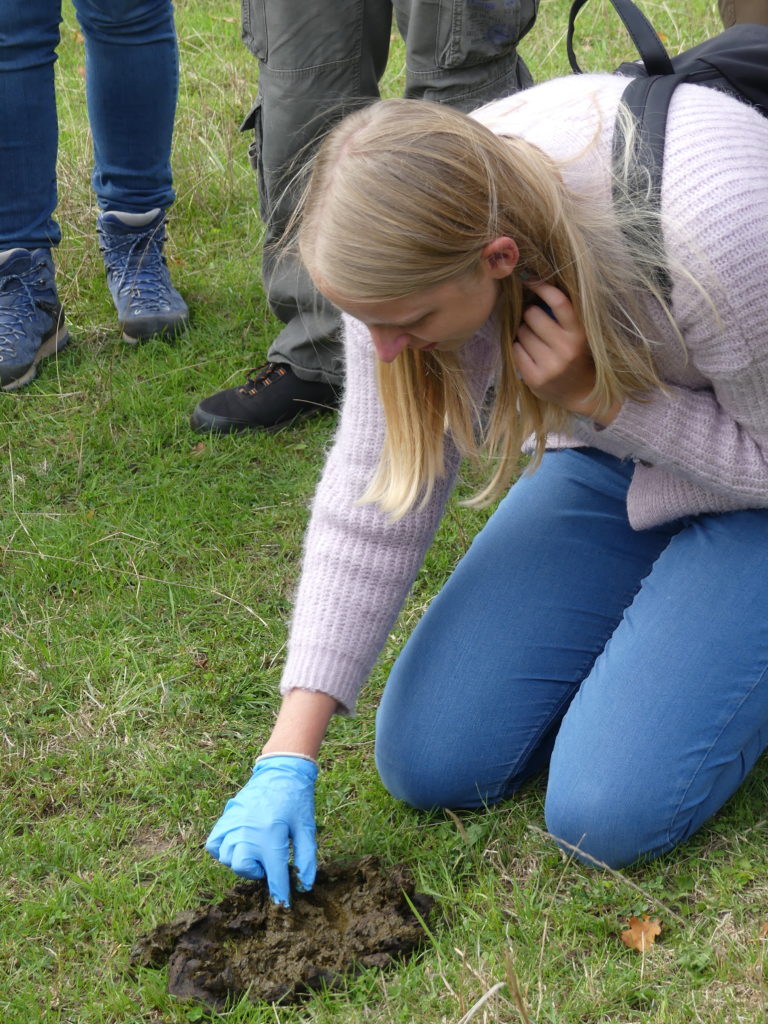
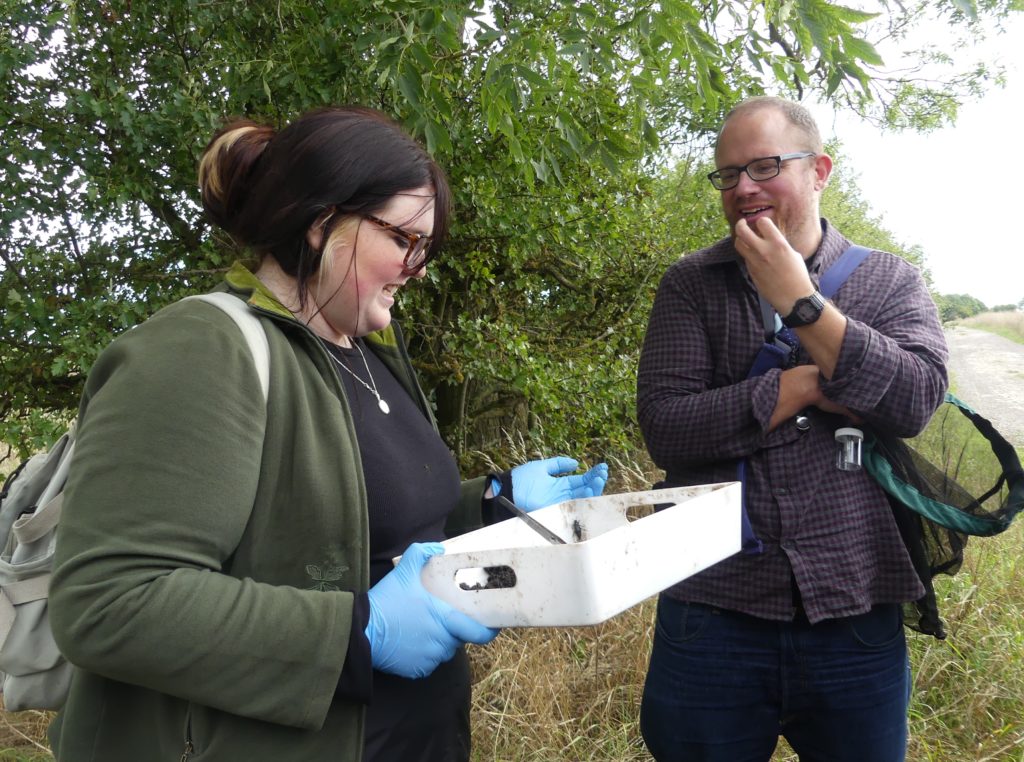
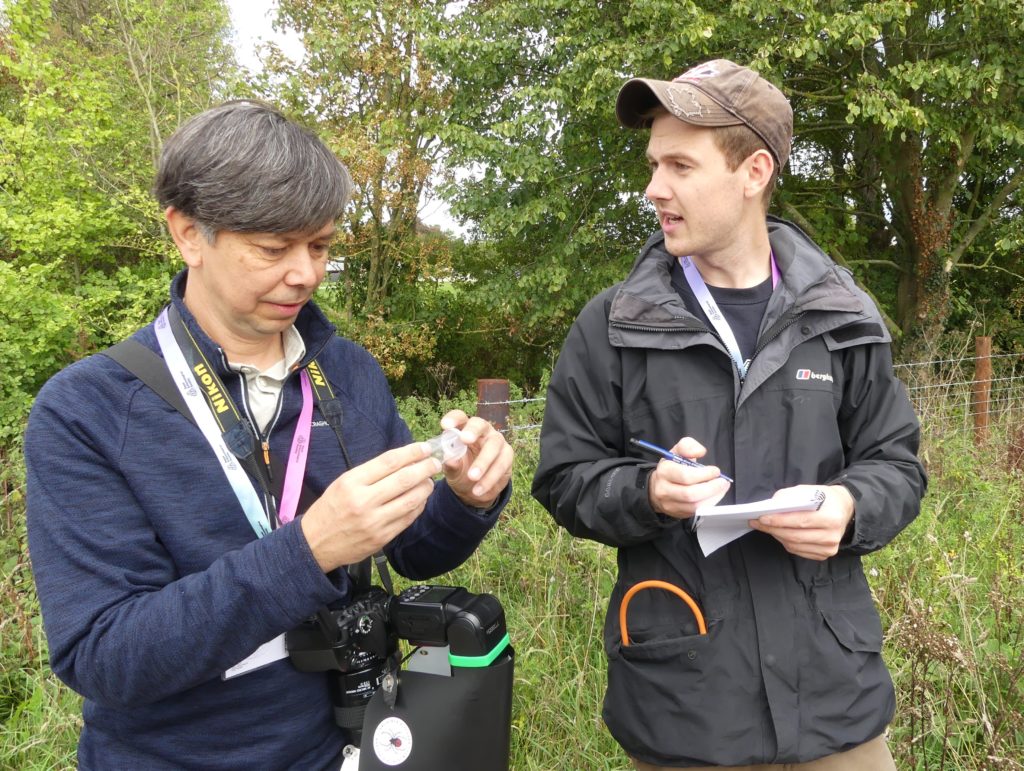
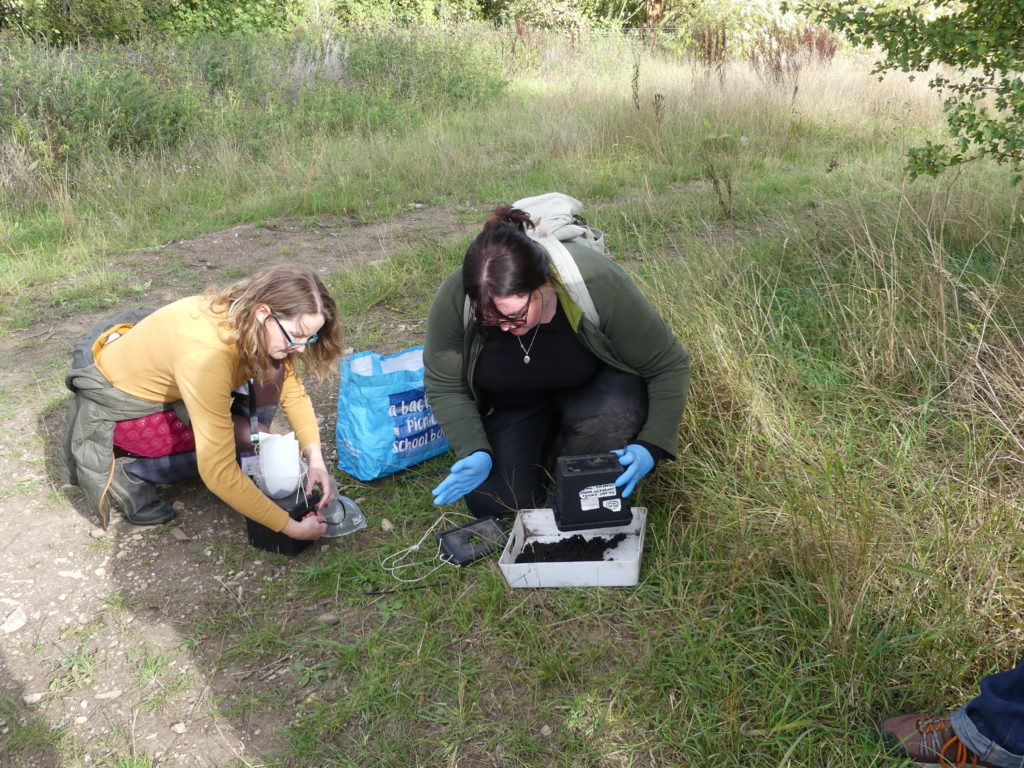
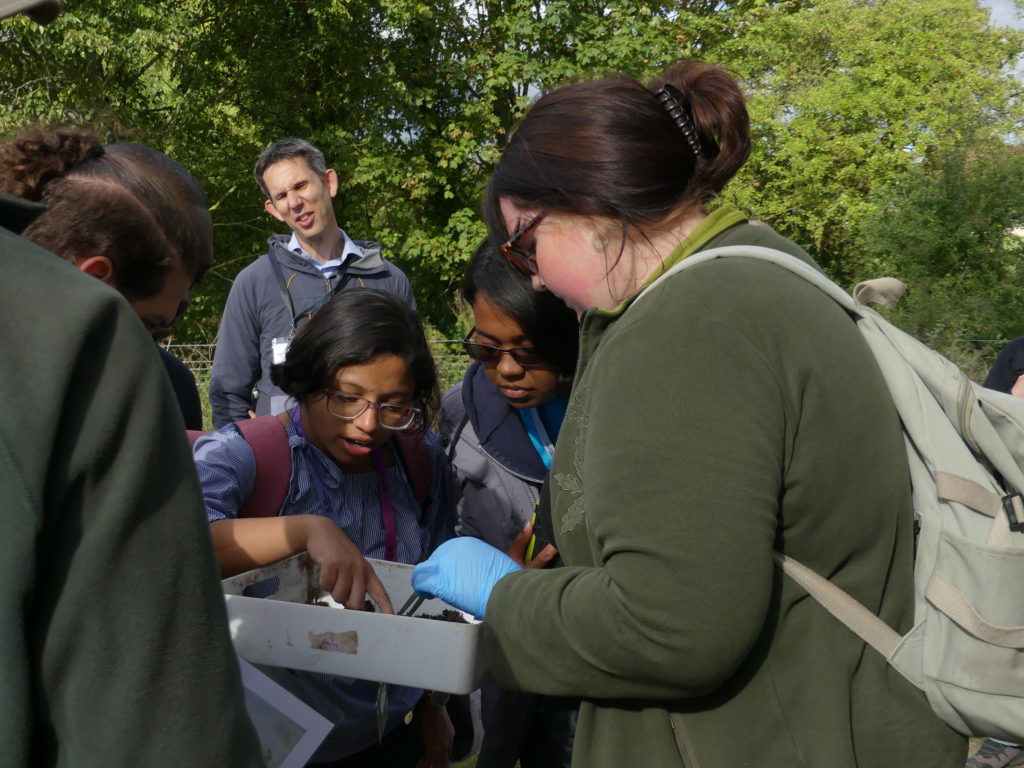
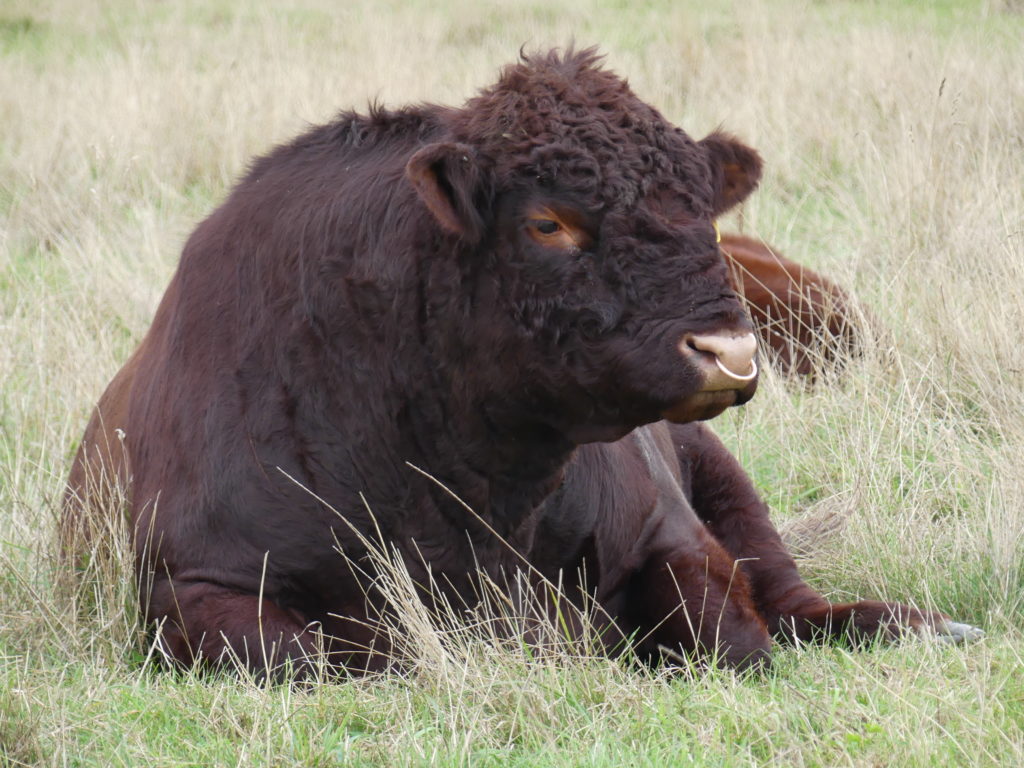

Click the buttons below to jump to each section of the conference page.
Programme available now
Our annual insect science meeting in 2022 will be at the University of Lincoln, UK.
Organised by Sheena Cotter, Graziella Iossa & Paul Eady.

Ento22 – The Grand Challenges
In the current climate and biodiversity crises, insects are being increasingly recognised for their value as service providers, indicators of biodiversity loss and models for understanding ourselves and other animals. The RES recently recognised a series of ‘Grand Challenges in Entomology’, and at Ento22, our first in person meeting for 2 years, we will provide a platform for the key themes.
The meeting will include three plenary speakers, one each morning, followed by relevant ‘Grand Challenges’ sessions.
The eleven themes are:
| Taxonomy | Blue Skies | Methods and Techniques |
| Anthropogenic Impacts | Conservation Options | Ecosystem Benefits |
| Technology and Resources | Pests | Knowledge Access |
| Training and Collaboration | Society Engagement |

Details for talk and poster presenters
Note: If you presenting a poster at the conference, the poster board dimensions are
2m x 1m (h x w) which will fit a portrait A0 or A1 poster.
Please send the .pdf of the whole poster to us before 5th September.
Note: All presenters are required to register. These expenses cannot be reclaimed by the RES.

Programme
Tuesday 13th
Early registration and pre-conference mixer
Wednesday 14th
Grand Challenges themes of the day: Anthropogenic impacts / Ecosystem disservices / Methods and Techniques – Bioacoustics and mechanics
PLENARY – Sylvain Pincebourde
AGM – (If attending online only, this requires separate registration to obtain zoom link)
EntOlympics – Student Social
Thursday 15th
Grand Challenges themes of the day: Taxonomy / Society Engagement / Pests – medical and vet / Blue Skies – Ecology and Evolution
Women in Entomology breakfast
PLENARY – Jessica Ware
Workshop: How to get published?
Tour of Doddington rewilding site – Click to read more (Requires purchase of separate ticket)
Conference Dinner at the DoubleTree Hilton Hotel (Requires purchase of separate ticket)
Friday 16th
Grand Challenges themes of the day: Ecosystem Services / Conservation
RES Mentorship breakfast
PLENARY – Nalini Puniamoorthy
GLiTRS Post-conference workshop on insect decline
Click to go straight to registration

Confirmed Plenary speakers:
Professor Sylvain Pincebourde – Director of Research, CNRS, France: Anthropogenic impacts
Sylvain Pincebourde obtained his PhD in 2005 at the University of Tours (France) on the environmental biophysics of endophyte insects under the supervision of Prof. Jérôme Casas. After a postdoc on the thermal ecology of a prey-predator relationship in the intertidal ecosystem at the University of South Carolina (USA), he joined the CNRS in 2009 to work at the Insect Biology Research Institute (Tours, France) on the impacts of climate change on insects. His integrative work mixes ecology, physiology, physics, chemistry and biometeorology, using both experimental and modelling approaches, to consider the microclimatic temperature that small creatures are experiencing in their microhabitat. He is now Director of Research at the CNRS to pursue on how insects perceive and respond environmental changes.

Ento22 Talk: “The role of microclimate at fine scales in driving exposure of ectotherms to climate change: integrating biophysics, physiology and ecology“
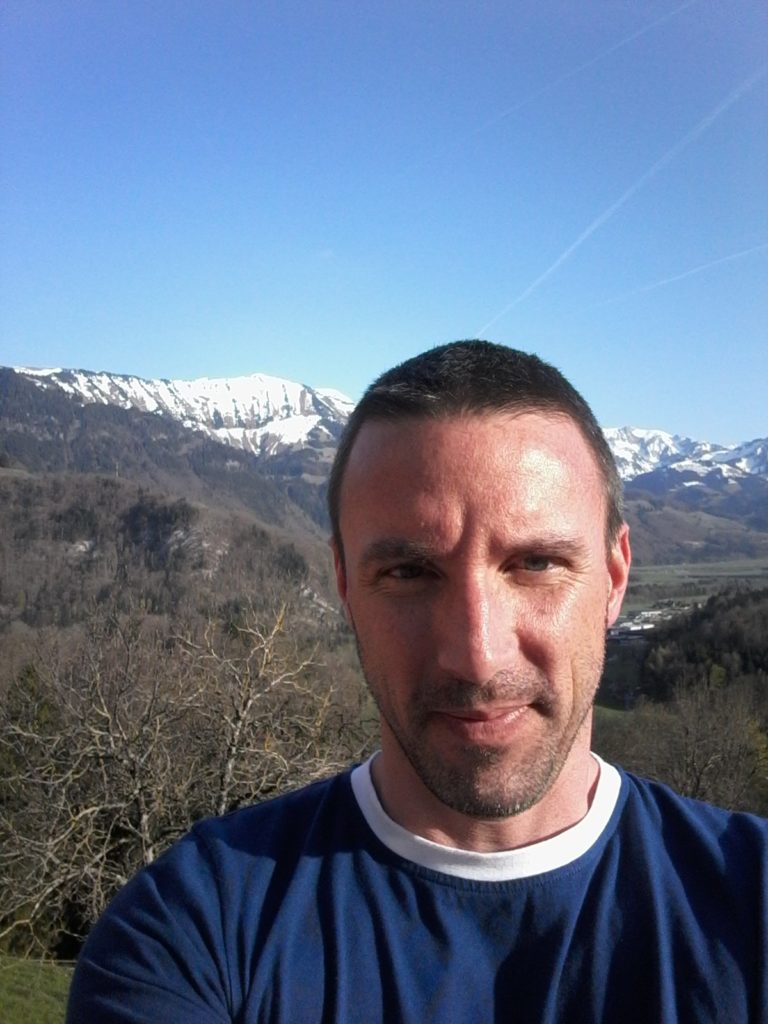
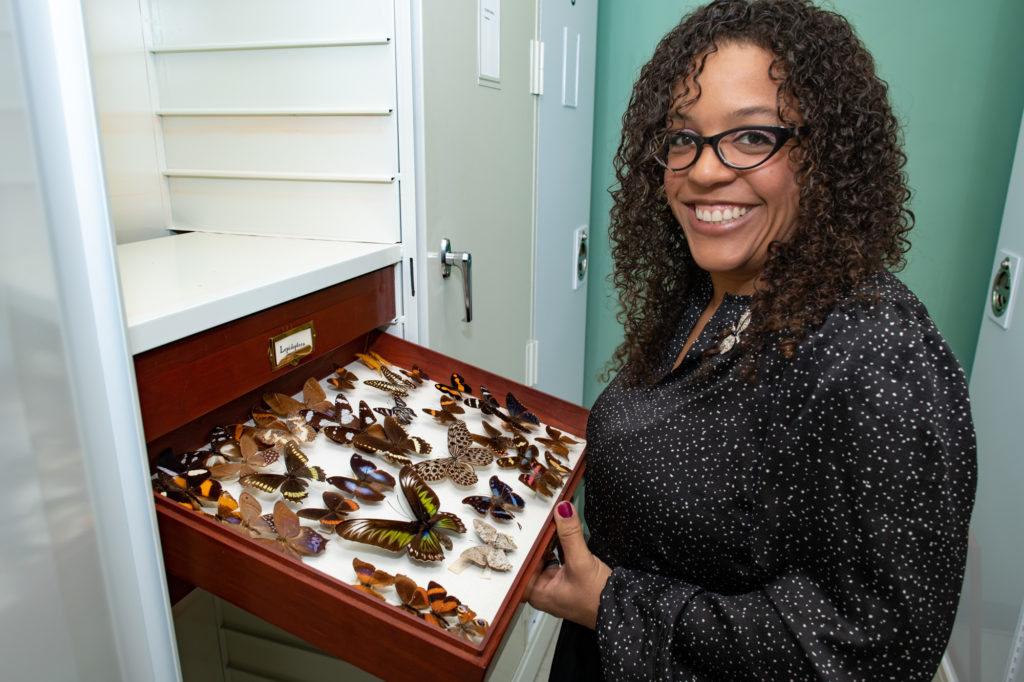
Professor Jessica Ware – Associate curator in invertebrate zoology, American Museum of Natural History, USA: Taxonomy/ Society Engagement
Jessica Ware is an associate curator in invertebrate zoology at the American Museum of Natural History. Dr. Ware’s research focuses on the evolution of behavioral and physiological adaptations in insects, with an emphasis on how these occur in Odonata (dragonflies and damselflies) and Dictyoptera (termites, cockroaches, and mantises). She holds a BSc from the University of British Columbia in Canada, and a PhD from Rutgers, New Brunswick. Dr. Ware is the past president of the Worldwide Dragonfly Association and serves as current president of the Entomological Society of America. Jessica co-founded the Entomologists of Color, a group devoted to diversifying the field of entomology and serves as the current Diversity Director of the Society of Systematic Biologists. She was recently awarded a PECASE medal from the US government for her work on insect evolution.

Ento22 Talk: “Diversity in entomology: creating space while studying insect evolution“
Professor Nalini Puniamoorthy – Reproductive Evolution Lab, National University of Singapore: Ecosystem services/ Conservation
Dr. Nalini Puniamoorthy leads the research at the Reproductive Evolution Lab at National University of Singapore, where they study sexual selection and biological diversification. They focus on widespread insect species and use experimental methods involving fieldwork, geometric morphometrics as well as Next-generation-sequencing techniques to study macro-evolutionary patterns as well as micro-evolutionary processes involved in reproduction. They also focus on ecologically relevant insect models to seek solutions to diverse problems: From estimating polyandry and gene flow in mosquitos to studying reproductive diversification ecosystem service providers like dung beetles and even to engineering black soldier fly reproduction for sustainable food waste management.

Ento22 Talk: “Insect reproduction: Understanding evolutionary diversification and seeking sustainable solutions”
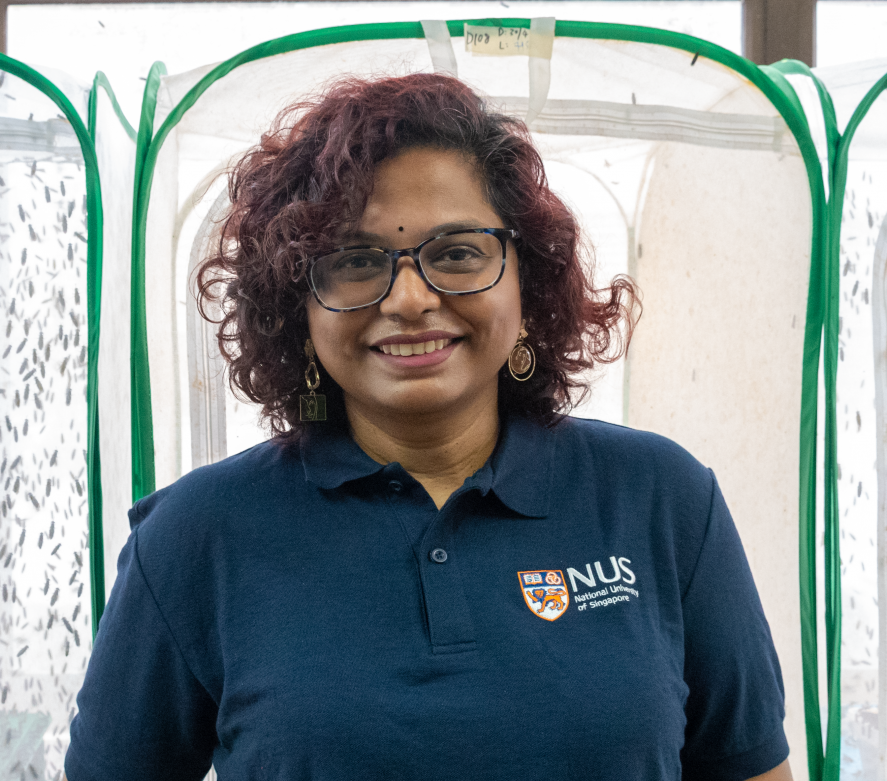

We also welcome talks from our recent award winners
Confirmed speakers:
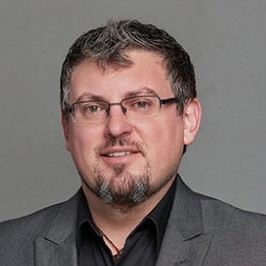
Research Associate, Department of Biological Sciences, University of Memphis
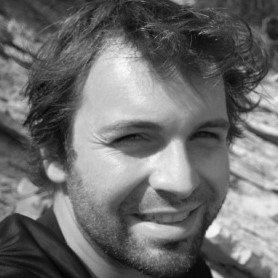
Osnabrück University, Germany
Landscape Ecologist
Student Award Winners
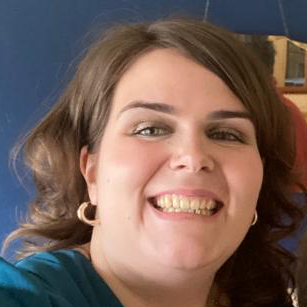
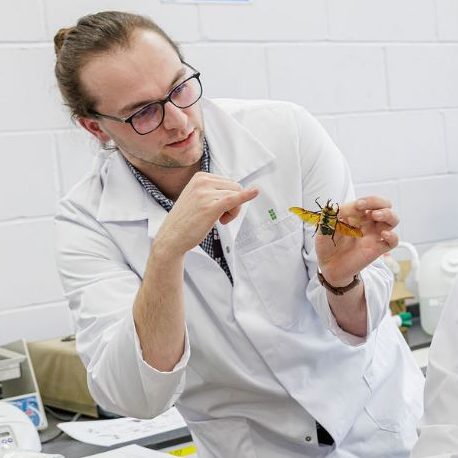
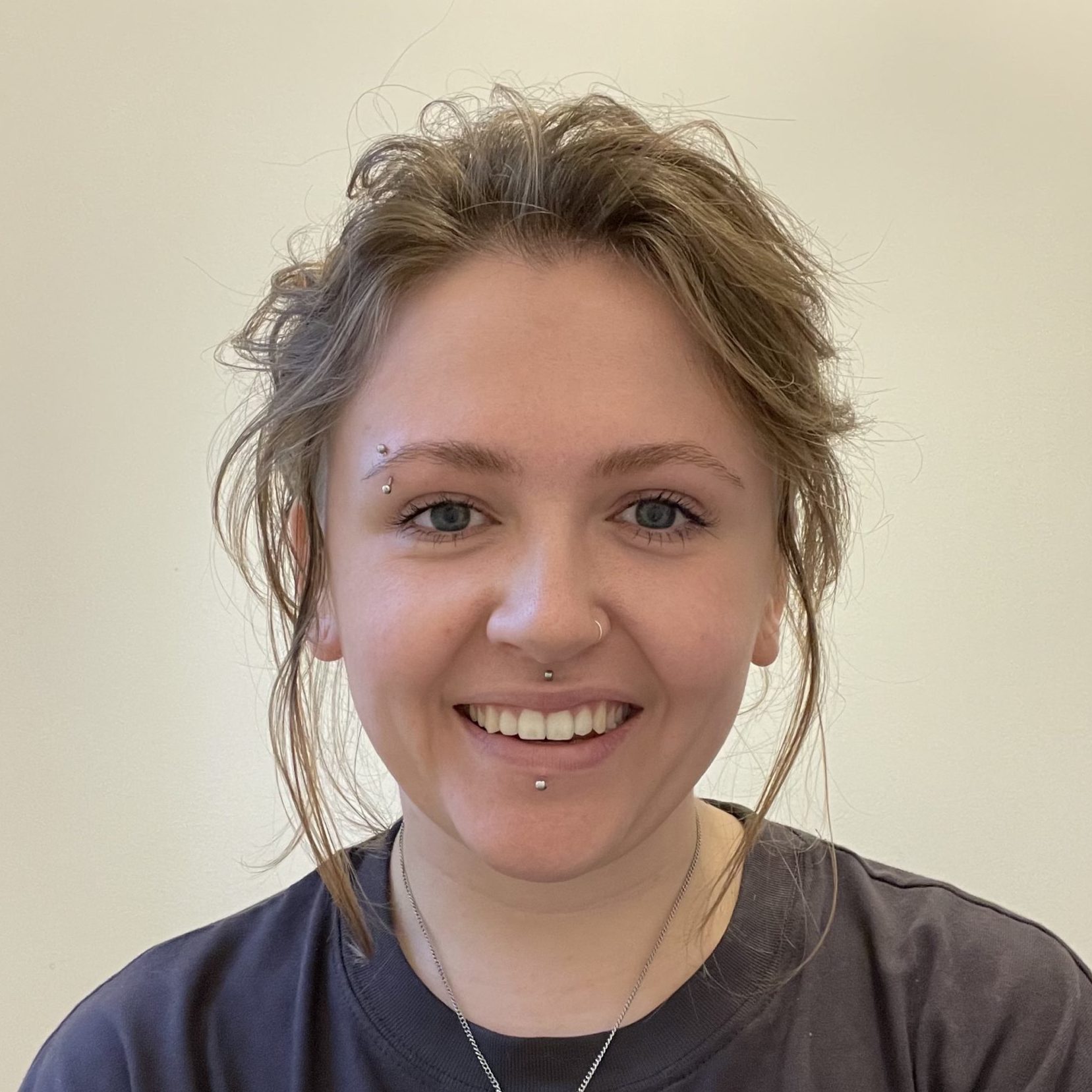
Journal Award winners

Agricultural and Forest Entomology
Kiran J. Horrocks, Darren Ward & David M. Suckling
Can natural enemies of current insect pests provide biotic resistance to future pests?
Ecological Entomology
Elia Guariento, Wolfgang Wanek & Konrad Fiedler
Consistent shift in nutritional ecology of ants reveals trophic flexibility across alpine tree‐line ecotones
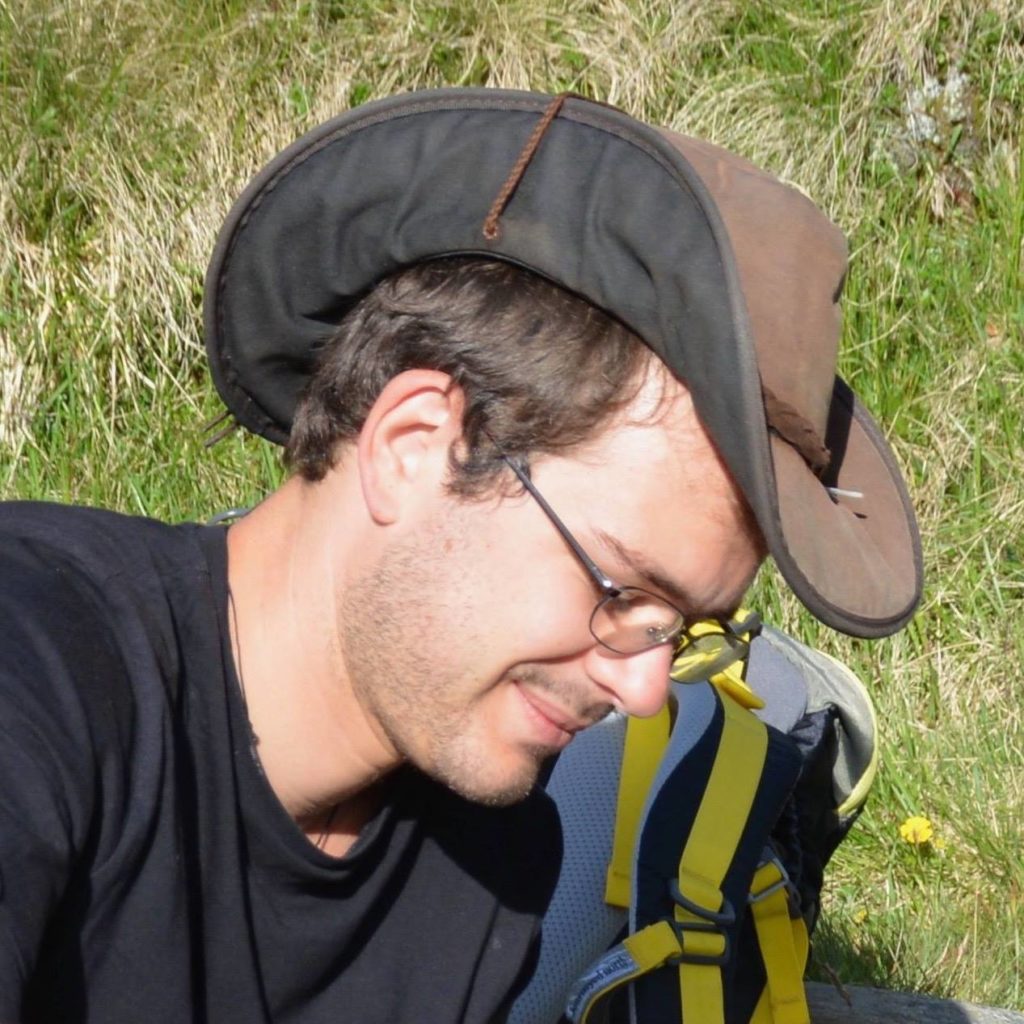
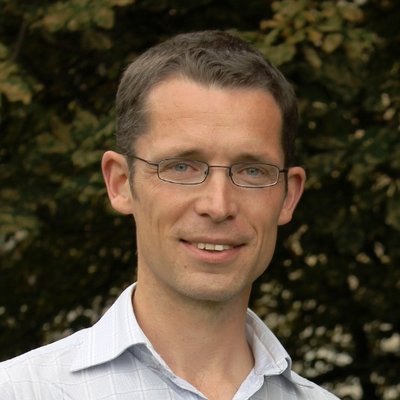
Insect Conservation and Diversity
Michael J. O. Pocock, Douglas H. Boyes, Darren M. Evans, Richard Fox, Mark, S. Parsons
Is light pollution driving moth population declines? A review of causal mechanisms across the life cycle
Insect Molecular Biology
Chaverra-Rodriguez, D., Dalla Benetta, E., Heu, C.C., Rasgon, J.L., Ferree, P.M. and Akbari, O.S.
Germline mutagenesis of Nasonia vitripennis through ovarian delivery of CRISPR-Cas9 ribonucleoprotein
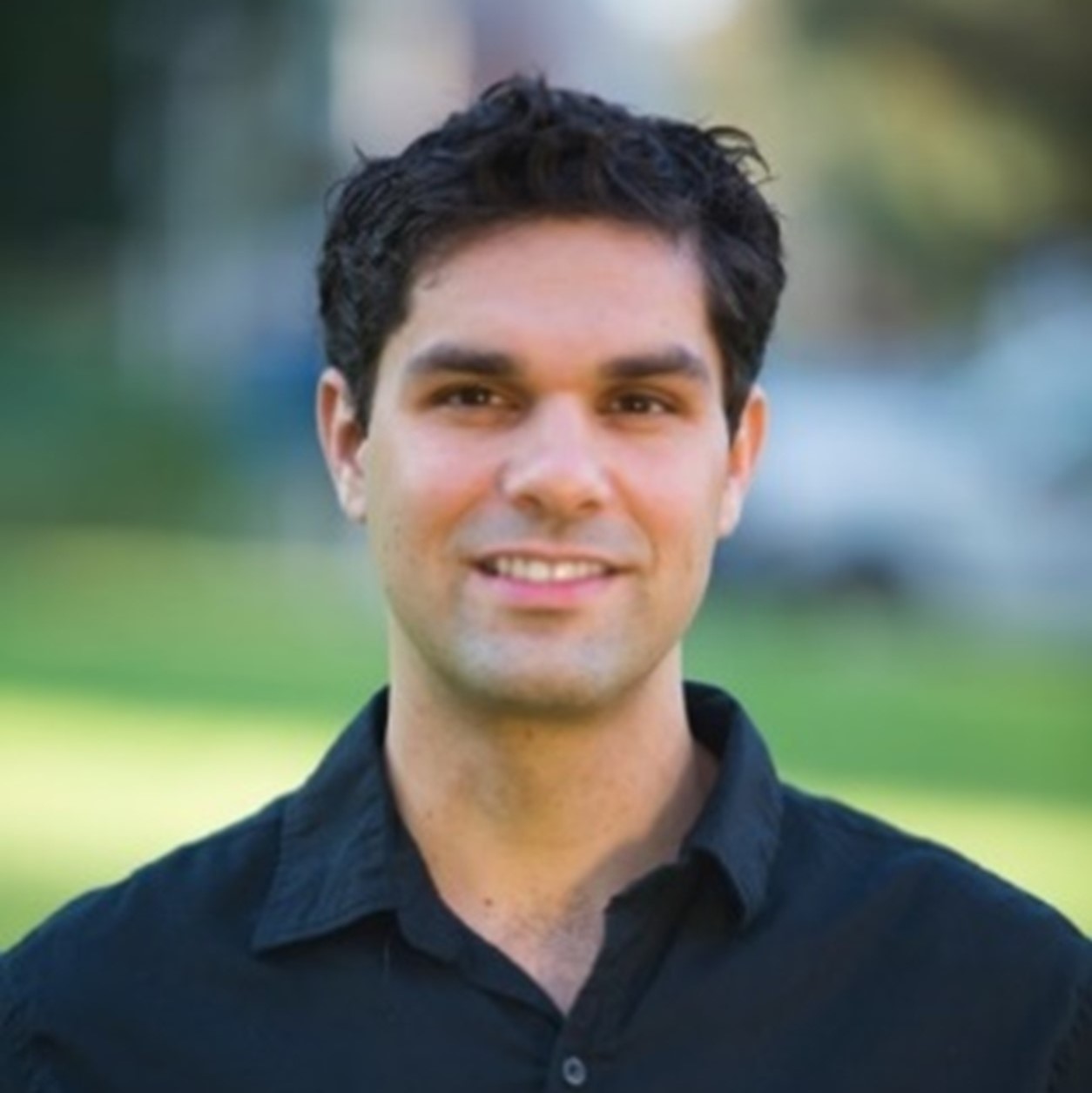
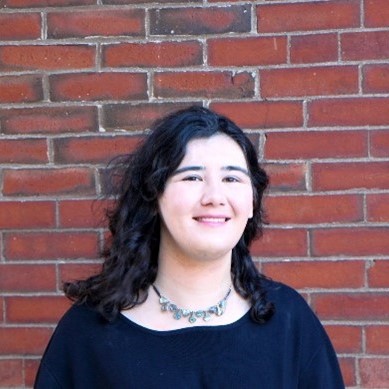
Medical and Veterinary Entomology
Ronai, I., Tufts, D.M. and Diuk-Wasser, M.A.
Aversion of the invasive Asian longhorned tick to the white-footed mouse, the dominant reservoir of tick-borne pathogens in the U.S.A.
Physiological Entomology
Naoki Matsuda, Takashi Kanbe, Jun Endo, Shin-Ichi Akimoto & Hideharu Numata
Suppression of autumnal sexual morph production in spring by a seasonal timer in an aphid
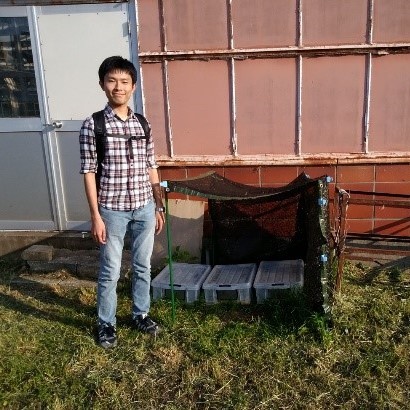
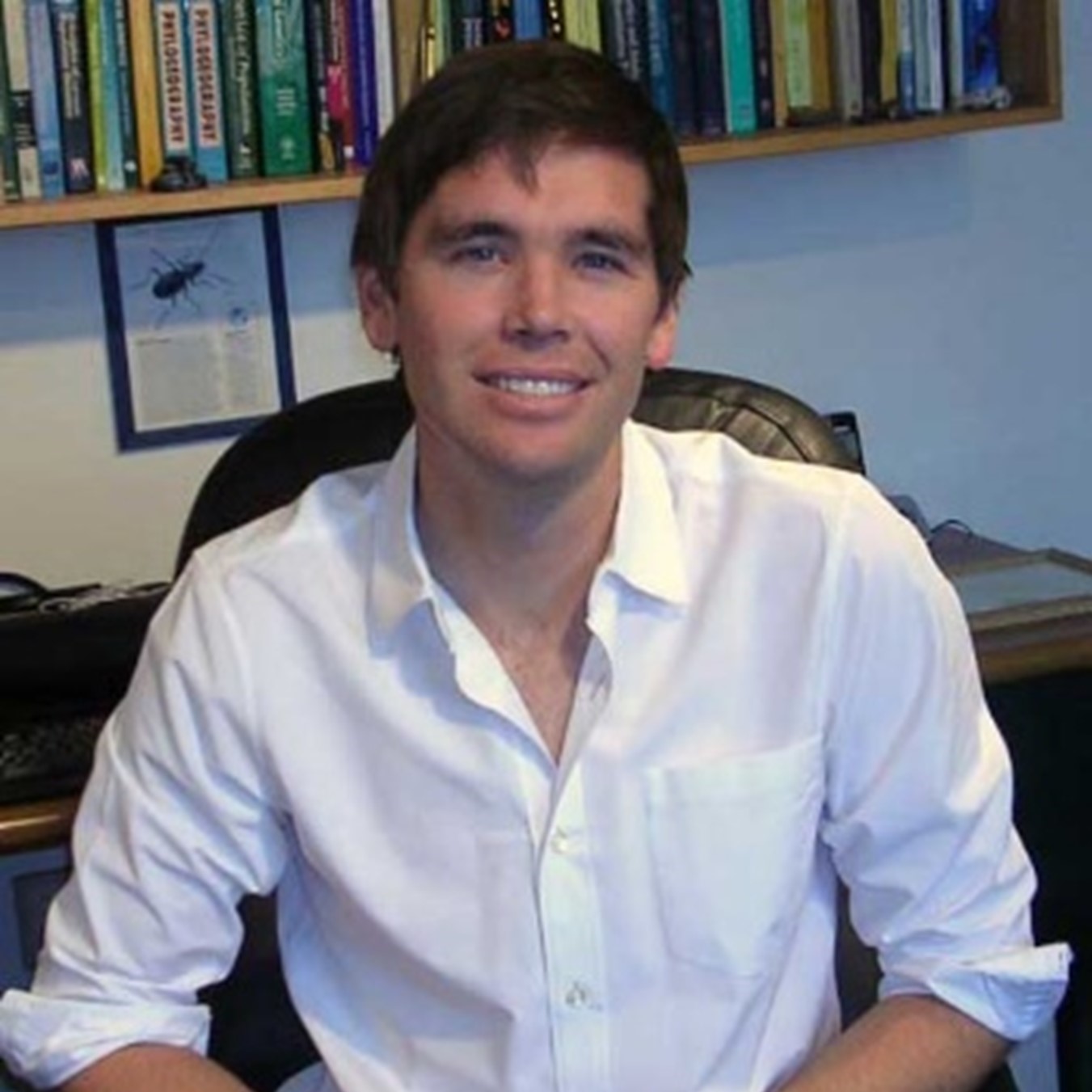
Systematic Entomology
Sean D. Schoville, Tierney C. Bougie, Roman Y. Dudko, Matthew J. Medeiros
Has past climate change affected cold-specialized species differentially through space and time?

This is a hybrid conference, online and in-person
View the poster abstract for Ento22.
Click to go straight to registration

Conference Activities
EntOlympics and the Rewilding Tour will take place during Ento22.
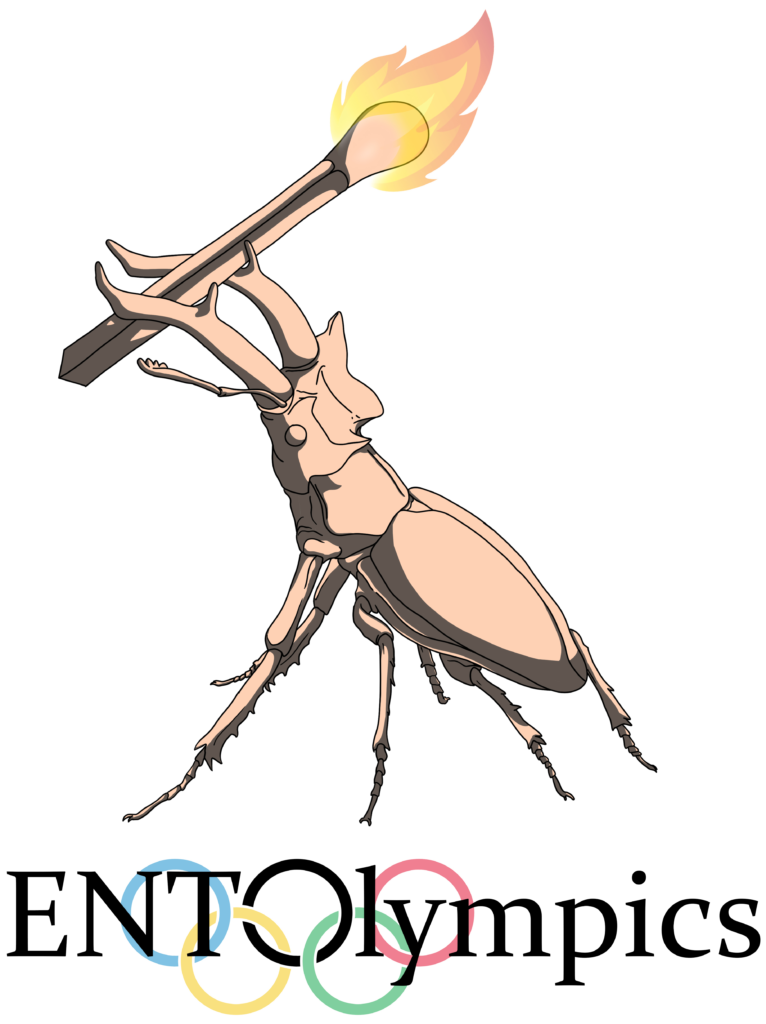
EntOlympics – In-Person activity
This activity is included in the ticket price.
7pm on Wednesday 14th
The Royal Entomological Society is delighted to announce the EntOlympics – A fun and competitive entomology quiz and team building competition for student and early career* insect scientists.
This will be a pub quiz activity with competitors taking part in-person.
Teams of 2-4 people will compete using their entomological general knowledge and insect ID skills for a team prize!
Each player must register individually – don’t worry if you do not have a team as we can assign you to one.
This event is in association with the Royal Entomological Society’s Ento22 conference, but separate registration is required (There will be a box to indicate your intention to take part in EntOlympics – Please select ‘Yes’ for this upon purchasing your ticket).
We look forward to seeing you then, and good luck!
*Early career is defined as no more than 5 years of professional experience.
This activity is included in the ticket price.
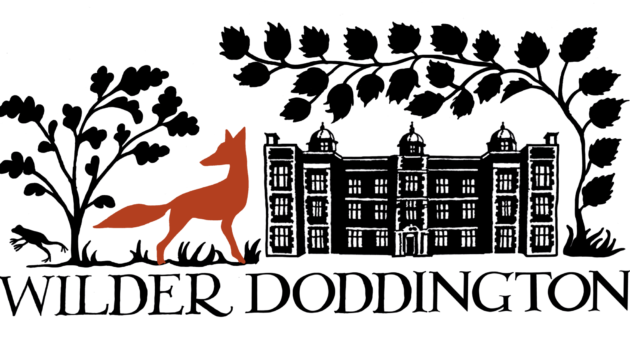
The Rewilding Tour – In-person activity
This activity involves a separate ticket purchase on this page.
2pm-5:30pm Thursday 15th
The Royal Entomological Society will be embarking on a tour of the Doddington Hall estate. This tour will be taking place Thursday 15th September between 1-5pm (transport provided, more info to follow).
Wilder Doddington is a 100 year nature recovery project covering 770 hectares, situated just 4 miles west of Lincoln. In its early stages, the land entered nature recovery between 2019 and 2021, as arable farming ended. The vision is for the reinstatement of wood pasture, managed by low intensity grazing by Lincoln red cattle, deer, pigs and ponies. During a baseline invertebrate survey in 2021, 778 species were recorded, reflecting a range of different soils and habitats.
We will run a visit to this exciting new project on the afternoon of September 15th. The visit will include an introduction to the site, a guided tour and refreshments, before heading back to Lincoln in time for the conference dinner.
Learn more about the site at: https://www.doddingtonhall.com/wilder/
This activity involves a separate ticket purchase on this page.
(Extra costs are for coach travel & catering) in addition to the main ticket price.
Spaces are limited to the first 50 ticket purchases – Please purchase your ticket for the Rewilding Tour by 30th August, after which these will no longer be available.
You will not be able to purchase tickets on the day of the tour.

Please note: The tour is only available to those attending the conference. Please only purchase a tour ticket if you are also attending Ento22.
Without presenting a conference ticket, you will not be permitted to attend the tour on the day and your ticket may not be refunded)
Ento22 Conference Dinner
The Conference Dinner is due to take place on Thursday evening at the DoubleTree by Hilton Lincoln Hotel to have fun and communicate with fellow entomologists and enthusiasts.
Purchase of these tickets must be before 30th August, after which these will no longer be available.
Royal Entomological Society – Annual General Meeting
AGM will also be taking place as a hybrid meeting during Ento22 on Wednesday 14th September @ 08:00 – 17:00 – See the AGM event here.
Please note: Online attendees are required to register for an ‘AGM Online’ ticket in order to receive the Zoom link to the meeting. The AGM is for members and fellows of the Royal Entomological Society.
Members attending Ento22 and the AGM in-person do not need to register in advance.
Click to go straight to registration

Accommodation
Should you require a hotel in Lincoln during the event, we have compiled a small list of reasonably priced hotels nearby the venue.
Please be sure to check accommodation comparison websites (Booking.com, Trivago, Kayak etc) before booking as you may get better prices on your stay.

Note – We do not provide recordings of events or presentations as standard, unless otherwise stated.

Book your tickets to Ento22 and optional activities below.
(Online tickets will remain available up to 16th September)
Please note: You must register for Ento22 as well as the optional activities in order to attend.
To access member discounts, please first login to your online account here
Registration is now closed
Note: If you are registering on behalf of someone else, please use the name of the person attending.
316 people are attending Ento22
Who's coming?
316 people are attending Ento22



